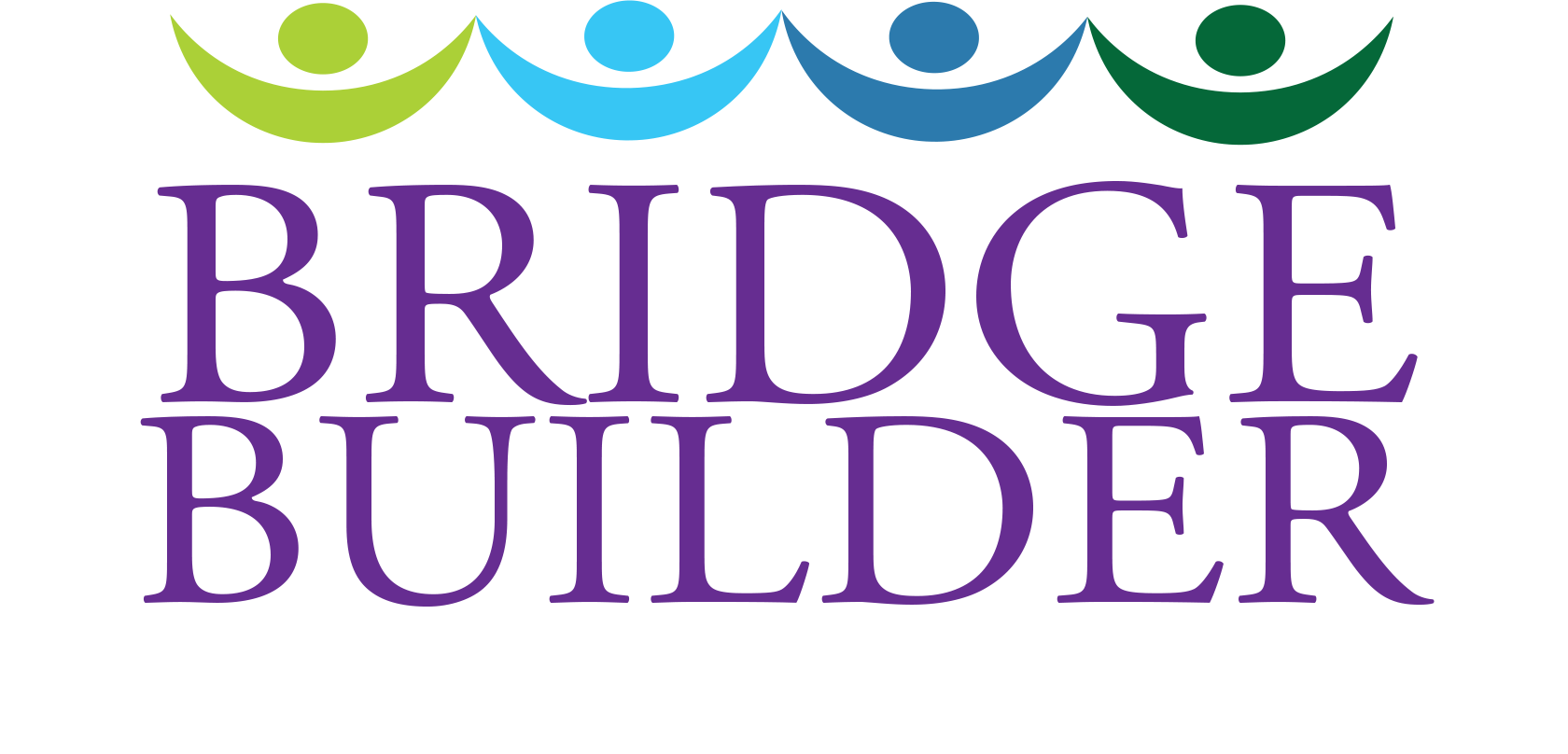Mastering Conflict Resolution: Six Essential Tools for Healthy Relationships
Conflicts are a natural part of any relationship, but how we handle them can make all the difference in the world. At times, it might feel like an uphill battle, but with the right tools, you can navigate the stormy seas of disagreements with grace and wisdom.
1. Be Quiet: Listening is the Key
In the heat of the moment, our instinct is often to speak our minds. However, sometimes the most powerful thing you can do is to be quiet. Active listening is a skill that can help you truly understand the other person's perspective. It's not about waiting for your turn to talk; it's about genuinely hearing what the other person is saying.
2. Be Still and Reflect
"Be still and know that I am God" is a powerful scripture that reminds us to find peace in moments of turmoil. Taking a moment to breathe, reflect, and center yourself can be incredibly helpful during conflicts. It allows you to step back from the intensity of the situation, gain perspective, and approach the issue with a calm and clear mind.
3. Ask Clarifying Questions
Misunderstandings often fuel conflicts. To avoid this, ask clarifying questions to ensure you're both on the same page. Seek to understand the other person's feelings, concerns, and motivations. This not only helps you get to the root of the issue but also demonstrates your genuine interest in resolving the conflict.
4. Finding Points of Agreement
Even in the midst of a disagreement, there are usually points of agreement. Identifying these common ground areas can help build rapport and create a sense of collaboration. It's a reminder that, despite the differences, you both share some common goals and values.
5. Watch Tone and Body Language
Communication is not just about words; it's also about how those words are delivered. Watch your tone and body language. A harsh tone or defensive posture can escalate conflicts, while a softer tone and open body language can foster understanding and resolution.
6. Always Seek Resolution
Perhaps the most important tool in conflict resolution is the unwavering commitment to finding a resolution before parting ways. Leaving conflicts unresolved can breed resentment and lead to more significant issues down the road. Remember that the goal is not to "win" the argument but to strengthen the relationship.
In conclusion, conflicts are inevitable in any relationship, but they don't have to be destructive. By incorporating these six tools into your conflict resolution toolkit, you can transform conflicts into opportunities for growth, understanding, and ultimately, stronger relationships. So, the next time you find yourself in a disagreement, remember to be quiet, be still, ask questions, find common ground, watch your tone and body language, and above all, seek resolution. Your relationships will thank you for it.
